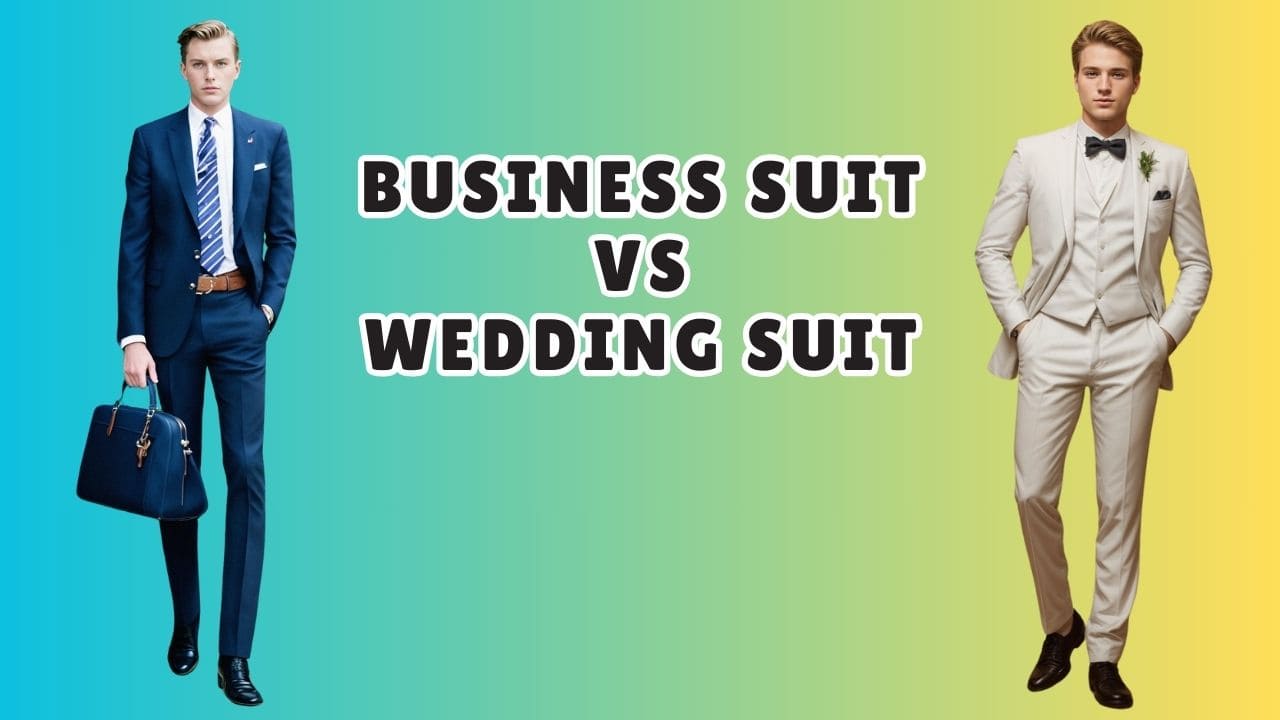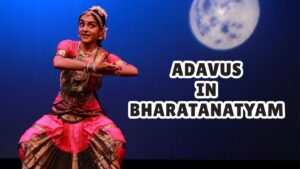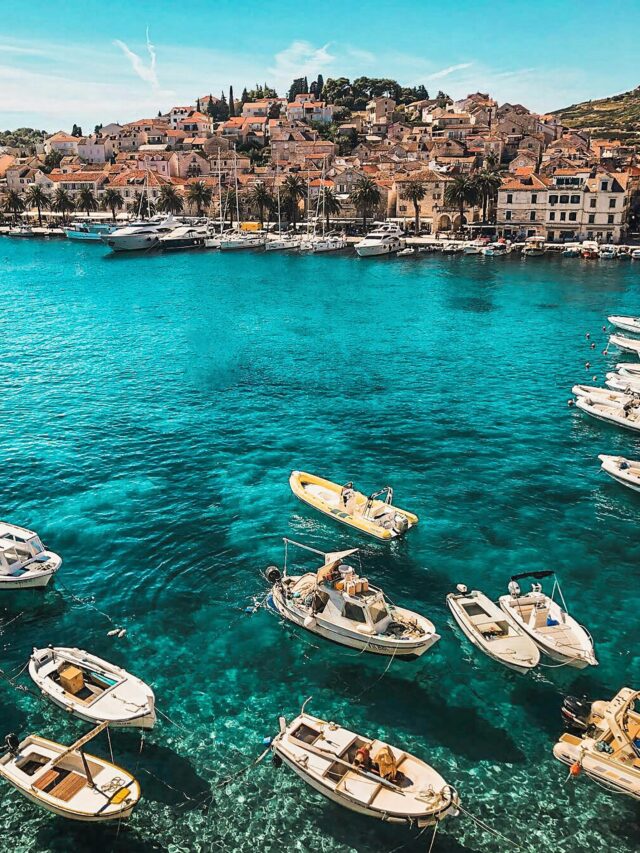It is important to note definitions like the difference between a formal business suit and a wedding suit when dressing for such important events as a wedding. Since is is true, both types of attires enhance one’s look; they are addressed to different situations and carry their own distinct type of formality and style.
Formal Business suit VS Wedding suit
Main differences: Between a formal business suit and a wedding suit
1. Purpose: The use of wedding suits is solely on a wedding day and for business suits on an everyday basis.
2. Degree of Formality: In all circumstances, wedding suits have a higher degree of formality than business suiting, which is more utilitarian in nature.
3. Quality of Fabric: In the case of wedding dresses, spun silk and fine wool are considered high-end and often get used however the fabric used for business suits is robust that withstands wear and tear usage for ordinary people.
4. Color Variety: The colors of weddingwear can range from the traditional whites to the non-conforming with more colors and shades such as pink and purples whereas business suits come in the more professional colors of gray, black, and navy blue.
5. Design details: Weddingwear contains distinguishing features such as a satin collar with intricate work depending on the occasion however as seen weddingwear design are more simple and less trendy.
6. Fit & Tailoring Element: Wedding wear is expected to be fitted perfectly to the wearer as the garment is easily expected to be designed especially for a limited period while Business suits tend to have a greater scope of being flexible and adjustable.
7. Variation of Accessories: The number of accessories worn with wedding wear is quite extensive covering vests, cravats and decorative pocket squares unlike business suits owing to their nature of work only has the confusion necktie and palm pocket square.
8. Frequency of Usage: A wedding suit is most often worn one or two times or has the possibility of few other wears. On the other hand it is expected that a business suit is commonly worn multiple times in different events.
9. Sentimental Attachment: Most people forget the significance of a business suit as it provides no emotional attachment as compared to a wedding suit. Most people only use their business suits for meetings therefore many emotions are attached to a wedding suit.
10. Personal Flair: In most cases when a couple and their wedding party are choosing wedding attire their personal styles will shine through as opposed to business cases where everyone wore the same suit.
11. Patterns: For example, the pattern known as pinstripes is suited for business suits, they are not favored in wedding suits because the suits have been tailored to be simplistic and formal.
12. Complementing Shoes: Because of the formality of a wedding, sandals or other too casual shoes are not usually accepted. Thus a wedding suit is expected to be worn together with a formal shoe such as patent leather.
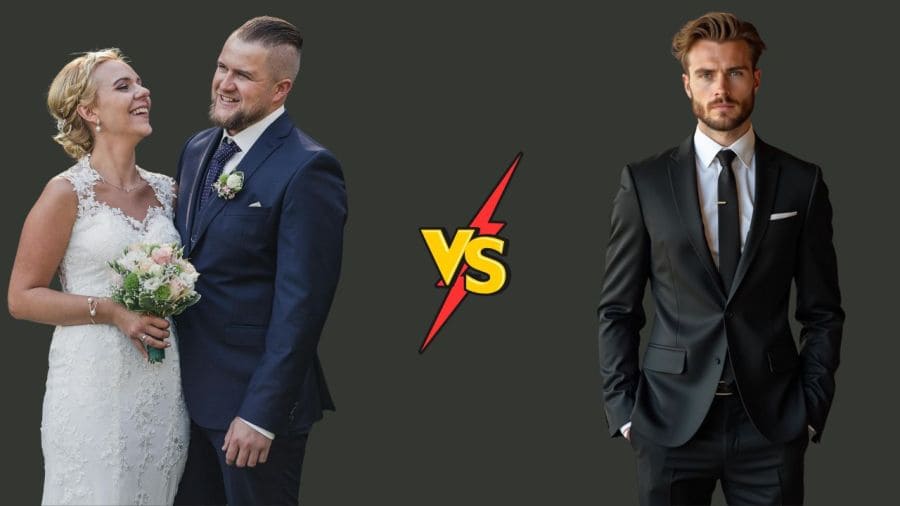
13. Weather Conditions: Often for cold or winter weddings a heavy suit may be required which the business suit covers well. A business suit is much more appropriate as it can withstand different seasons and wear and tear.
14. Traditional Aspects: A wedding suit may depend on tradition or the theme of the wedding, however the business suit must adhere to standard requirements set by the corporate.
15. Types of Lapels: Unlike the common peak lapels that most wedding suit designers go for, the notch lapel is most popular in business as people are always looking for a timeless design in their suits.
16. Belt Loops vs Satin Waistbands: It has been observed that certain satin waisted tuxedo wedding pants for men tend to have no belt loops, unlike the belt loops which are built on the business suit trouser.
17. Styles of Shirt: White shirts with winged collars which are worn with a Tuxedo (mostly used as formal wear, usually on wedding days) while a business suit can be worn with shirts of all colors of different styles.
18. Cost Factor: Wedding attire is known to be more costly as compared to a business suit, if cost would be put into consideration, one should check how often they would wear the business suit which is more economical in this sense.
19. Visual Impression: The bride and groom’s wedding suits are more visually extravagant and celebratory than the business suits, which have a more subtle and more elegant finishing.
20. Dress Code Requirements: Business wear requires compliance with the corporate dress code while, the wedding attire options depend on the preferences of the couple and the theme of the weddings.
These differences bring out the contrast between the wedding and the business suits in the aspects of menswear, and thus help in properly dressing up for the event.
Key differences explained between a Business suit and a Wedding suit
1. Purpose and Context
Specific Occasion
- Wedding Suit: These suits are typically for a specific occasion; therefore, they are designed with such in mind. As a result, they can have a specific type of cut, style, fabric and color which will suit the particular wedding.
- Business Suit: Business suits, on the other hand, are more for routine, formal wear which makes them suitable for numerous formal situations, such as business events, meetings and conferences among others.
2. Style Elements and Formality Models
Level of Formality
- Wedding Suit: In general, due to the materials used and details included in the wedding suits, it can be said that these are usually more formal than business suits. Such components are often used: satin lapels, waistcoats, and some kinds of details that are used to make these types of suits different during the use of these suits in wedding ceremonies.
- Business Suit: Although still considered formal attire, such suits are more orientated to be functional and comfortable. Business suits are generally constructed out of high quality fabric to withstand day to day wear and they typically have a conservative cut as such suits are not meant to be ostentatious.
Color and Fabrics Used
- Wedding Suit: As opposed to business suits, these suits can come in a variety of pastel or striking tones that make less appropriate for formal business occasions. These fabrics are also made out of smoother and finer threads to give a more finished appearance.
- Business Suit: Most business suits are usually colored in black, navy or gray and these suits have a dark colored palette as it instills a sense of professionalism. The garment’s cloth is selected because of its resilient nature as opposed to its opulence, with most of them made out of wool or a wool blend.
3. Design Features
Tailor and Fit Style Stating Frame
- Wedding Suit: Such wedding suits are usually custom made as the couples want to have that flawless look on the special day. The event’s relevance is why such precision is done in respect of the details.
- Business Suit: Despite the fact that business suits can also be custom made, they are mostly mass produced or made to standard dimensions, with only slight alterations offered for the individual cut of the suit.
Accessories
- Wedding Suit: The wedding suit can be enhanced with several accessories. This includes vests, cravats, pocket squares, and definitely ties that all greatly improve the general look.
- Business Suit: Accessories for business suits are considerably more understated. The most common are ties and plain pocket squares which do not attract too much attention and are appropriate for the office.
4. Versatility and Usage
How often do You wear?
- Wedding Suit: These are ones that are usually used for a very special event and its purpose is mainly for weddings so such suits are invested in once and worn only during occasions like engagements or weddings however the sentimental value in such items might prevent their owners from putting them on frequently.
- Business Suit: Business suits are made for everyday use in a professional setting and hence investment in such a suit is much more sensible since over time, it can be won to several occasions.
Key fabrics used in wedding suits compared to business suits
It is noteworthy that, choosing a suit whether for a wedding or for business, a person would consider the type of fabric, the color schemes, as well as the accessories that would be used with the suit. Each of these latter attributes has an effect on the look of the wearer and the suitability for the event in question.
Fabrics Mainly Considered
Wedding Suits:
- Luxurious Materials: Wedding suits on the other hand are designed from stout fabrics that are high end such as silk and lightweight wool due to their warm and luxurious feel which is quite fitting for a wedding ceremony.
- Seasonal Variations: The wedding dress can be made of lighter materials like linen for summertime weddings since it is hot and some wool can be summer-weight. On the contrary, a winter wedding would include warm dresses made of heavy materials like flannel or tweed.
- Wool-Linen and Wool-Silk Blends: A common requirement for wedding suits is that, more often than not, strong blends such as wool-linen or wool-silk would be employed. Also, bamboo fabric is gaining a foothold as a green fiber that is light enough and wicks moisture away.
Business Suits:
- Practical Fabrics: In most cases, business suits are made of strong fabrics such as wool or its blends, which are made for use on a daily basis. Their selection is due to their endurance and projection of the business look over a long period.
- Variety of Options: Business suits, however, may include cotton or silk as options but they are normally made with heavier weaves for a variety of patterns like tweed or flannel during the cold seasons.
Color palettes that are more suitable for wedding suits than business suits
Wedding Suits:
- Broader Range: A wedding suit can have an abundance of bright colors instead of dark shades, which are traditionally used. Light colors, bright ones, and white tuxedos are acceptable colors suitable for the wedding atmosphere.
- Seasonal Influence: The color palette depends on the season as well; light colors are best when it’s spring and summer, whereas darker colors are the best for fall and winter.
Business Suits:
- Conservative Choices: It is normal for business suits to obey suit rules that are conservative in color choice as regards dark colors. Typical colors used include navy, black, gray and at times brown. They represent decorum and will not easily attract attention in business.
- Limited Experimentation: Some variation such as for summer a paler tone is always there, in general suits are kept formal which does not include any bold colours or patterns.
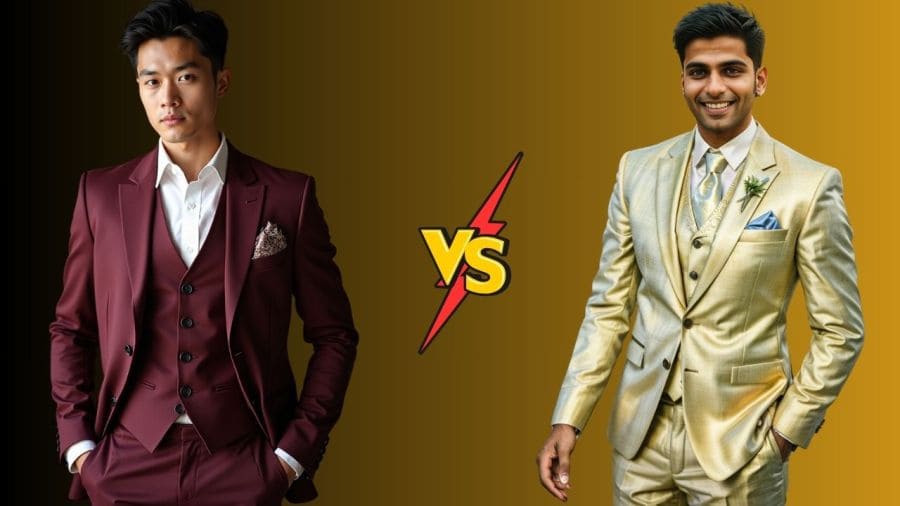
How do the accessories differ between wedding suits and business suits?
Wedding Suits:
- Complete Gems : Wedding suits come with an array of accessories that make the suit more appealing. These may include a vest, cravat, interesting ties, beautifully embroidered ladies’ handkerchiefs and boutonnieres.
- More Creative Input: The accessories worn at weddings do not only serve a functional purpose, but also avow the individual’s personality or the wedding’s creative ideals; hence more variety is seen than with the business suit. This includes ties with varying colours or other props that conform to the wedding’s theme colour.
Business Suits:
- Minimalist Approach: Attachments for business suits are more appealing to the eye than the touch or detail. Commonly worn accessories are neckties (in the simplest case, a plain colour) and handkerchiefs placed in the pocket and never to be used and were barely planned to be used as the rest of the suit was to look serious.
- Focus on Functionality: The accent is put on work and professionalism instead of someone’s individuality. Which translates to fewer ones and restrictive attachment to elegant looking pieces as appropriate for the corporate office attire.
Must Read,
✔️ Farewell Look: Which Colour Saree is Best for a Farewell Party?
✔️ 7A Quality: Difference Between First Copy and 7A Quality, 9A Quality, 10A Quality
Conclusion
To conclude, the differences in embellishment and accessory for wedding suits and business suits are beyond looks or fashion; it involves the type and weight of the construction substance, the hues of the colors and the styles of the accessories that are unused in different contexts and occasions. Wedding suits are oriented towards attractive color schemes and other colorful additional materials and embellishments, which help in expressing one’s individuality.
On the contrary, business suits are more concerned with functionality, thus moderate toned sturdy clothes with a minimum embellishment, which complements the business dress code. Understanding these differences can aid people in deciding thorough the selection of the right clothing that meets the demands, of the tasks they are undertaking, as well as the requirements on how they should dress for an event.


